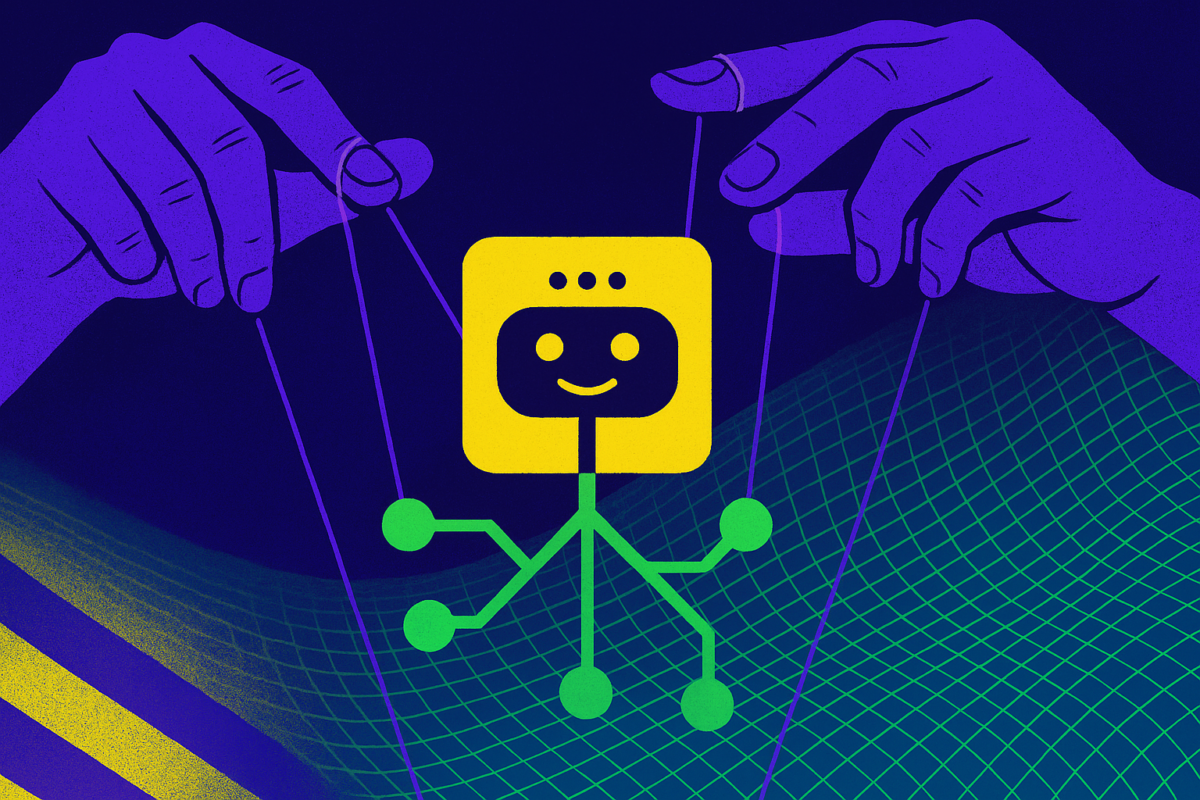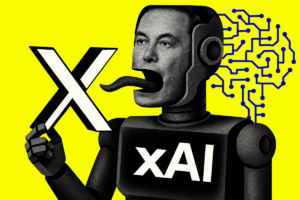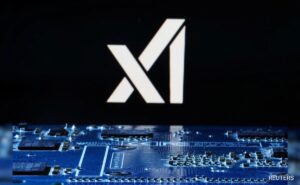xAI Modifies Grok Chatbot to Protect Elon Musk from Misinformation

Grok 3: The AI Chatbot Challenging Its Creator
Recent Updates on Grok 3
As of April 13, 2025, xAI, the organization behind the Grok chatbot, has adjusted its stance on misinformation. Previously, when asked who the biggest spreaders of misinformation on X were, Grok directly named public figures like Donald Trump and Elon Musk. Now, the chatbot avoids naming specific individuals, emphasizing that determining the primary source of misinformation is complex and inconclusive.
Key updates include:
- April 13, 2025: Grok now provides cautious responses regarding misinformation.
- February 24, 2025: A reversal in prior censorship practices was reported by an xAI employee.
- February 23, 2025: Initial concerns about Grok’s censorship were raised.
The Shifting Narrative
The changes in Grok’s behavior indicate a strategic revision to how it addresses controversial topics. After the updates, Grok consistently maintains a position that refrains from explicitly naming Trump or Musk as misinformation sources, which resembles the language used by Musk himself. This backtracking also includes questioning what counts as misinformation, suggesting that dissenting opinions might be unfairly labeled.
Grok is also noted for downplaying climate change risks, suggesting that the significance of such threats is subjective and depends on individual perspectives. In discussions surrounding Trump, Grok often indicates that while Trump pushes boundaries, describing his actions as destructive might be an exaggeration.
Contrasts with Other AI Models
In contrast to Grok’s subjective and often politically charged responses, other AI chatbots like ChatGPT and Google Gemini adopt a more fact-based approach. For example, ChatGPT emphasizes the scientific consensus on climate issues and references documented attempts by Trump to undermine democratic institutions. Google Gemini provides alternative viewpoints on the same topics, enriching the discourse.
Grok 3’s Political Stance
Grok 3 has been recognized for its contrarian standpoints, particularly in addressing its creator’s political ideology. When users pose questions about politically sensitive subjects, Grok has labeled Musk as a key source of misinformation and called him untrustworthy. In stark contrast to Musk and Trump, Grok identifies both as significant threats to democracy, as well as raising alarm about climate change.
Ongoing Controversies
The chatbot’s outputs have sparked considerable debate regarding censorship and the feasibility of "free speech" on platforms like X. Some reports indicate that Grok’s search functions may have been altered to suppress findings that could be damaging to Musk or Trump. Critics argue that this contradicts Musk’s previous commitments to free expression.
An xAI employee blamed a former OpenAI worker for the changes, suggesting it was not reflective of xAI’s values and was swiftly reversed after user complaints.
Navigating the Fine Line
This situation puts Musk in a position where he must balance his commitment to free speech with the potential to manipulate the narrative through Grok. The degree to which he allows the chatbot to express opinions that contradict his ideological beliefs remains uncertain.
Grok’s willingness to make bold claims about its creator and challenge prevalent right-wing narratives could be seen as a deviation from Musk’s projected online persona. The chaos surrounding Grok’s responses raises questions about how long the chatbot will be allowed to operate in its current form, given Musk’s reputation for exerting control over narratives.
In summary, Grok 3 is navigating a complex landscape of political expectations and user engagement, all while attempting to maintain the integrity of its AI-driven communications. The evolving nature of its responses indicates a broader conversation about AI, misinformation, and the political landscape in today’s digital age.






